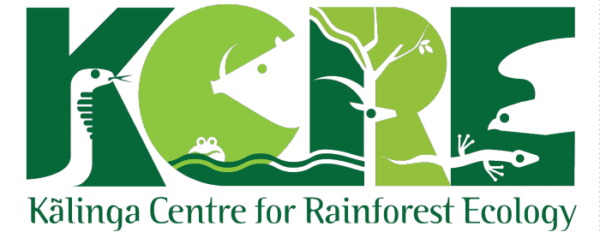What you will learn

- Introduction, resources and skills to get up to speed for the workshop
- dBBMMs-why should you care? justifications and comparison with traditional space-use estimation methods
- Code demonstration, visualisation, and step wise process of running dbbm on animal tracking data
- Interpreting dBBMM outputs, discussing benefits of considering movement in space-use estimates
- Summary, interactive Q & A session addressing questions and providing detailed solutions and insights to get you started!
The Team

Colin Thomas Strine
Lecturer,Suranaree University of Technology
Co-founder,The Sakaerat Conservation and Snake Education Team, ThailandColin has completed his PhD on Green Pit Viper Spatial Ecology and has since become incredibly skeptical of the standard in reptile spatial ecology. He helped establish the first (and only) king cobra spatial ecology project in Thailand and has supervised 9 graduate students over his 4 years working at SUT. He has co authored over 36 international peer reviewed papers in the last 5 years and he works closely with Inês, Matthew and Ben on an associated group the WERECRU.

Inês Silva
PhD student
King Mongkut’s University of Technology Thonburi,Thailand
Inês is working on the spatial-temporal patterns of vertebrate road mortalities. She is also addressing knowledge gaps of Southeast Asian bats.
She is particularly interested in innovative approaches to modelling species movement patterns and prefers to take a broad approach to conservation.

Matt Crane
PhD student
King Mongkut’s University of Technology Thonburi,Thailand
Matt is studying the ecological impacts of wind farm development on bat communities across Southeast Asia.
He has worked on projects including venomous snake movement ecology, reptile and amphibian communities in degraded habitats, and road mortality across all vertebrate taxa.

Benjamin Michael Marshall
Researcher,
The Suranaree University of Technology, Thailand
Ben supports Sakaerat Conservation and Snake Education Team. He works on representing reptiles online and explores the robustness of spatial ecology methods.
He co-hosts and produces ‘Herpetological Highlights’,a herpetological podcast.
Read more about the Sakaerat Conservation and Snake Education Team and their work here.


ELIGIBILITY
The course is for anyone with a general interest in ecology and wildlife conservation but it will be particularly useful for students who want to study or pursue conservation biology, zoology or biology at university level.
DETAILS
Dates: 26th Sept , 3rd & 10th October 2020
Time : 9AM to 12:00 PM
Maximum participants: 25 only!
Medium: Simple English.
CERTIFICATES
Completion Certificate will be issued for those who attend all days and submit all assignments on time.
COST
₹ 2000 (INR)
฿ 855 (THB)
$ 30 (USD)
Use Code: dBBM for 5% discount before 15th September
*For USD and THB please write to us at kalinga@kalingacre.com for payment advise.

